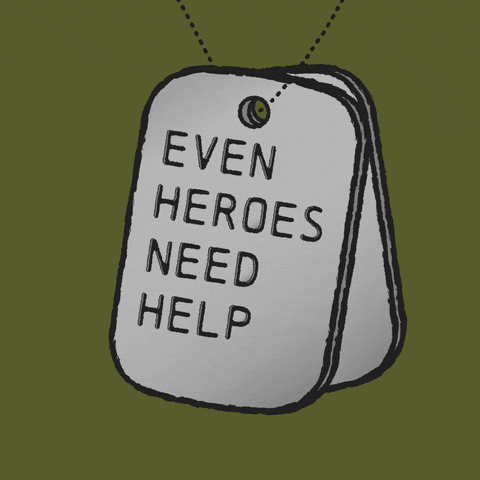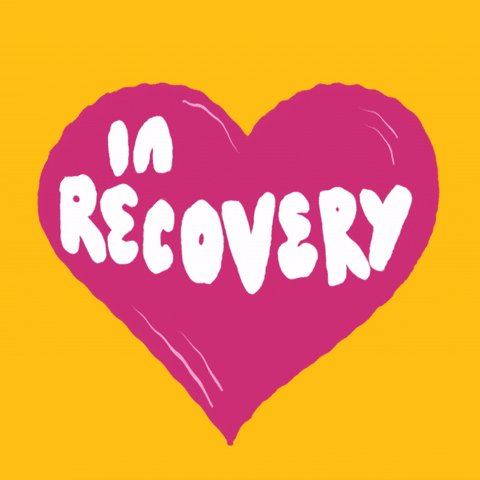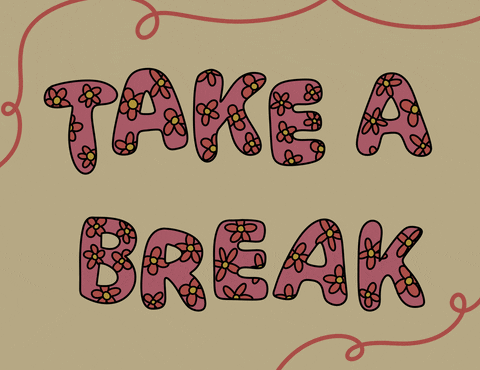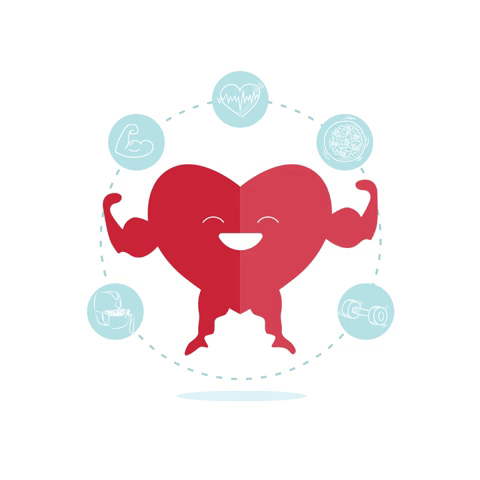



Have you gone through a traumatic event and started experiencing such symptoms as memory problems, nightmares, lack of energy, and negative thoughts? If so, then there is a possibility that you have developed a mental health condition known as Post-Traumatic Stress Disorder.
PTSD is triggered by a distressing experience or after a prolonged period of stress and fear. If you have reasons to believe that your symptoms indicate PTSD, we are going to help you confirm it. Thanks to our free ‘Do I Have PTSD?’ Quiz you can learn whether you really suffer from this condition or if there is another cause behind your mental problems. All you need to do is answer 20 questions regarding your symptoms.
If you decide to take the test, make sure to consult your condition with a health professional, no matter what result you get. Free Internet quizzes can be very helpful but it is always a good idea to visit a talented doctor to receive an official diagnosis.
What is the quality of your sleep? Do you wake up full of energy or without the will to get up? Take this reliable test to find out!
PTSD is usually triggered by a single event or prolonged experience. Witnessing or experiencing an event which is life-threatening, physically or emotionally harmful may severely affect one’s social, spiritual, mental and physical well-being. Events that may cause post-traumatic stress disorder include:
Do you spend too much time using your smartphone? Take this honest test to learn if you are addicted!
Symptoms of post-traumatic stress disorder usually appear within one month of a traumatic experience but may also emerge several years after the stressful event. PTSD symptoms may cause a lot of problems in social life and at a workplace. They can also negatively impact the quality of one’s relationships and make it difficult to do daily tasks.
Symptoms of PTSD are often divided into four sets of symptoms: avoidant behavior, intrusive memories, changes in physical and emotional reactions, and negative changes in mood and thinking. Take a look at this and see how many PTSD symptoms apply to you.
Signs of avoidance behavior include:
Signs of intrusive memories include:
What is your sleeping pattern? Are you a night owl or an early bird? Find out in this exciting test!
Symptoms of this group include:
This set of symptoms include:
If you experience the above symptoms for longer than one month, you should consider scheduling a visit with a health professional. If your symptoms are severe and make it hard to perform daily duties, you shouldn’t think too much and try seeking help to get your life back on track. Getting treatment as fast as possible is important because PTSD can get worse. Even though some people are able to improve on their own, there is no harm in receiving a professional diagnosis from a mental health specialist.
Treatment options include cognitive behavioral therapy, eye movement desensitisation and reprocessing (EMDR), and medicines such as paroxetine and sertraline (antidepressants known as selective serotonin reuptake inhibitors. Other recommended treatments also include peer support and advice for PTSD patients which are provided by various charities. Usually a charity specializes in one or few traumatic events which may have caused a PTSD. There are facilities for former soldiers, rape victims, and witnesses and victims of crimes, among the others.
Do you take good care of your mental health? Check out our ‘Is Your Mental Health Bad?’ Quiz to learn if you are in a good mental shape.
Do you have reasons to believe that you have PTSD (Post-Traumatic Stress Disorder)? Solve our reliable quiz to learn if your symptoms are caused by this condition.
Do you have trouble concentrating, feel overwhelmed and hopeless, and experience headaches? Take this free test to find out if you have depression.